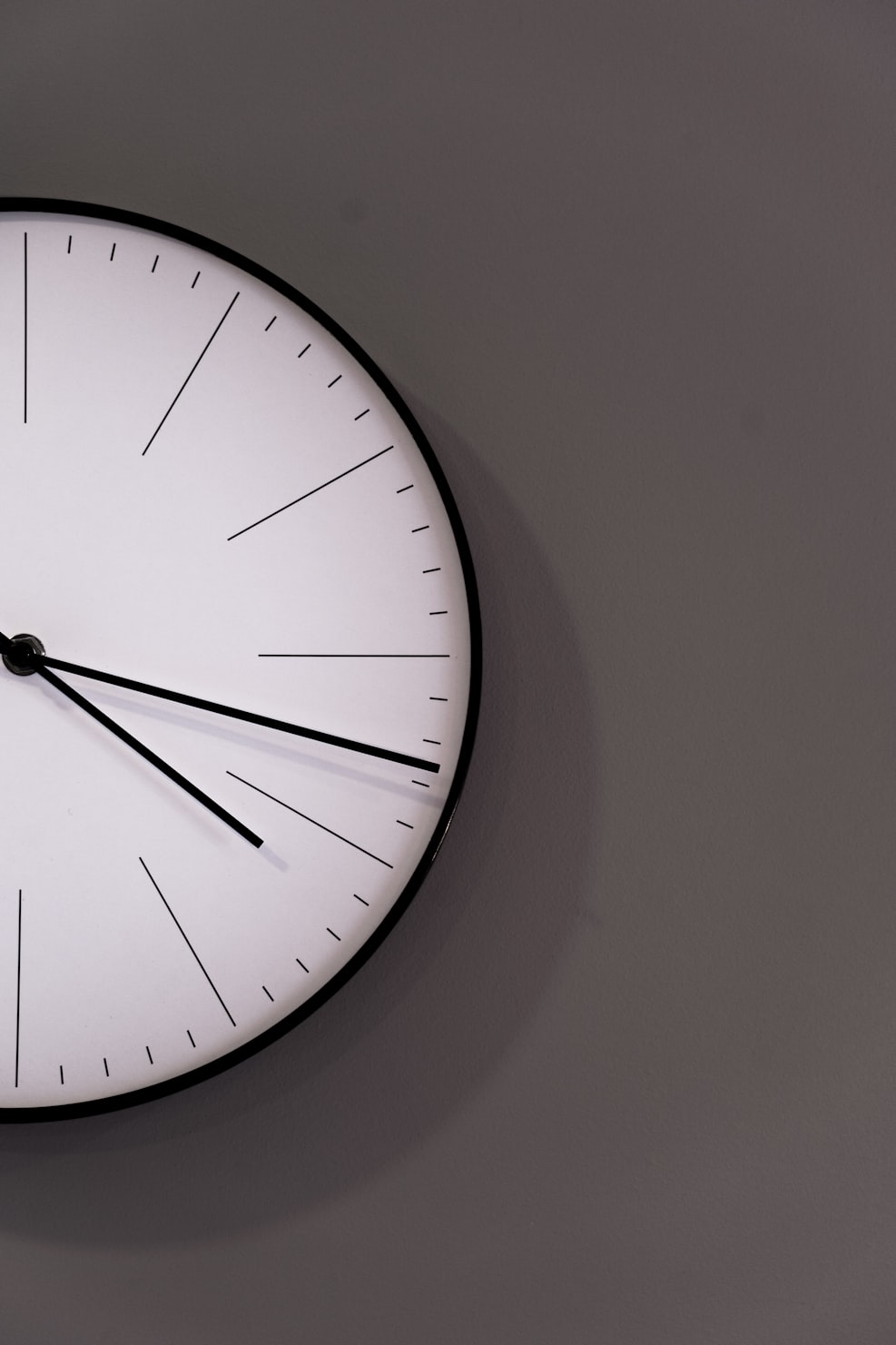Get started with AstroWind to create a website using Astro and Tailwind CSS
Start your web journey with AstroWind – harness Astro and Tailwind CSS for a stunning site. Explore our guide now.
AstroWind: Production-ready. Suitable for Startups, Small Business, SaaS websites, Professional Portfolios, Marketing websites, Landing Pages & Blogs.

Features
One of the most professional and comprehensive templates currently on the market. Most starred & forked Astro theme in 2022, 2023 and 2024.
A seamless integration between two great frameworks that offer high productivity, performance and versatility.
Widgets made with Tailwind CSS ready to be used in Marketing Websites, SaaS, Blogs, Personal Profiles, Small Business...
Creating secure, efficient, and user-friendly websites that deliver exceptional experiences and lasting value.
Having a good page speed impacts organic search ranking, improves user experience (UI/UX) and increase conversion rates.
SEO lies in its ability to enhance a website's visibility, driving organic traffic and enabling it to reach a wider audience.
Embracing a culture that is open to new ideas and contributions is integral fostering innovation, collaboration, and a dynamic user experience.
Inside template
Benefiting from the performance and developer-friendly features of this modern static site generator.
Facilitating rapid design and consistent styling with this highly popular utility-first CSS framework.
Ensure your website looks and functions consistently across various web browsers, delivering a seamless experience to all users.
Tailor the template effortlessly to match your brand's identity and requirements, making your website distinct and saving you time.
Explore various layout options to find the structure that best presents your content, enhancing user engagement and navigation.
Ensure your website's optimal performance on various devices and screen sizes, providing a consistent and enjoyable user experience.
Seamlessly incorporate images, videos, and multimedia elements that enhance your content and engage visitors effectively.
Captivate your audience with interactive elements, intuitive navigation, and visually appealing layouts, encouraging longer visits.
Ensure your website stays aligned with the latest trends and technologies through regular updates and enhancements.
Skip the time-consuming process of building a website from scratch and launch your online presence sooner with AstroWind.
Join the growing AstroWind community for insights, resources, and assistance, ensuring you're never alone on your web development journey.
Step 1: Download
Kickstart with GitHub! Either fork the AstroWind template or simply click 'Use this template'. Your canvas awaits, ready for your digital masterpiece. In just a few clicks, you've already set the foundation.
Step 2: Add content
Pour your vision into it. Add images, text, and all that jazz to breathe life into your digital space. Remember, it's the content that tells your story, so make it captivating.
Step 3: Customize styles
Give it your personal touch. Tailor colors, fonts, and layouts until it feels just right. Your unique flair, amplified by AstroWind! Precision in design ensures a seamless user experience.
Ready!

Components
Provides frequently used components for building websites using Tailwind CSS
Ever tried driving without GPS? Boom! That's why websites need headers for direction.
Picture a superhero landing – epic, right? That's the job of a Hero section, making grand entrances!
Where websites strut their stuff and show off superpowers. No holding back on the bragging rights here!
Dive into the meat and potatoes of a site; without it, you'd just be window shopping. Content is king.
That enthusiastic friend who's always urging, "Do it! Do it!"? Yeah, that's this button nudging you towards adventure.
Behold the dessert menu of the website world. Tempting choices await, can you resist?
Step into the gossip corner! Here, other visitors spill the beans and share the juicy details.
Like a digital mailbox, but faster! Drop a line, ask a question, or send a virtual high-five. Ding! Message in.
The footer's like the credits of a movie but sprinkled with easter eggs. Time to hunt!
The blog is used to display AstroWind documentation. Each new article will be an important step that you will need to know to be an expert in creating a website using Astro + Tailwind CSS. Astro is a very interesting technology. Thanks.
Start your web journey with AstroWind – harness Astro and Tailwind CSS for a stunning site. Explore our guide now.
Explore vital tools and resources for a sleek website. From design to functionality, our guide elevates your online presence.
Personalize AstroWind template for your brand. Our guide unlocks seamless customization steps for a unique online presence.
While easy to get started, Astrowind is quite complex internally. This page provides documentation on some of the more intricate parts.
FAQs
Dive into the following questions to gain insights into the powerful features that AstroWind offers and how it can elevate your web development journey.
Michael Knight a young loner on a crusade to champion the cause of the innocent. The helpless. The powerless in a world of criminals who operate above the law. Here he comes Here comes Speed Racer. He's a demon on wheels.
Space, the final frontier. These are the voyages of the Starship Enterprise. Its five-year mission: to explore strange new worlds. Many say exploration is part of our destiny, but it’s actually our duty to future generations.
Well, the way they make shows is, they make one show. That show's called a pilot. Then they show that show to the people who make shows, and on the strength of that one show they decide if they're going to make more shows.
A flower in my garden, a mystery in my panties. Heart attack never stopped old Big Bear. I didn't even know we were calling him Big Bear.
A business big enough that it could be listed on the NASDAQ goes belly up. Disappears! It ceases to exist without me. No, you clearly don't know who you're talking to, so let me clue you in.
This is not about revenge. This is about justice. A lot of things can change in twelve years, Admiral. Well, that's certainly good to know. About four years. I got tired of hearing how young I looked.
Be very surprised by these huge fake numbers you are seeing on this page.Don't waste more time! :P